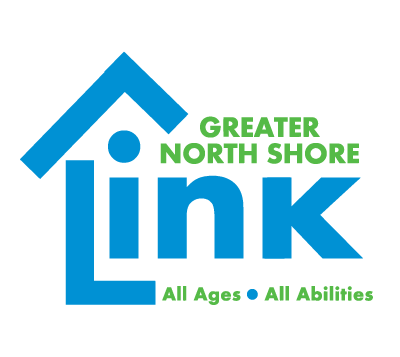Impact of a Traumatic Brain Injury (TBI) on a Senior
What if I told you that you could strengthen your immune system, boost your mood, diminish pain, and protect yourself from the damaging effects of stress by doing just ONE simple thing? Laugh!
Older adults may have medical issues, which can increase their risk of depression. Even though depression is common in seniors, it’s not a natural part of getting older. Some older adults may not think they’re depressed because sadness is not their major symptom. In the general population, the rate of depression is much lower, affecting fewer than one person in 10 over a one-year period. More than half of the people with TBI who are depressed also have significant anxiety.
In seniors, some of the most common symptoms of depression include:
- Feelings of sadness or “emptiness”
- Feeling hopeless, cranky, nervous, or guilty for no reason
- Loss of concentration or memory
- Either insomnia or too much sleep
- Fatigue
- Aches, pains, headaches, digestive issues, abdominal cramps
Let’s keep ourselves and our elders healthy by incorporating some of the following activities:
- Smile
- Count your blessings
- When you hear laughter, move toward it
- Spend time with fun, playful people
- Bring humor into conversations
As the TBI Specialist for the Greater North Shore Link ADRC, I should be your first resource for anything TBI related. But I would also like to make you aware that anyone can call (844)839-7154 and speak with Liz Harnois who is the BIA-MA Elder Info & Referral Specialist. The HRSA Elder TBI Grant Program Coordinator is Gabriela Lawrence – Soto who works for MRC and can be contacted at (617) 204-3662. Gabriela requested I make staff aware of their presence and if additional resources are needed that they are available to you.
Categorised in: Uncategorized
This post was written by Patricia Cox

Comments are closed here.